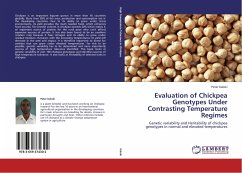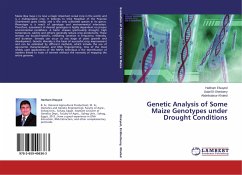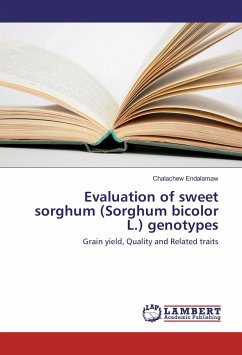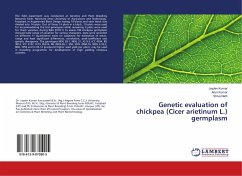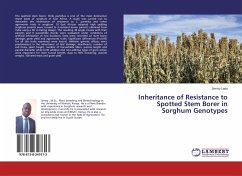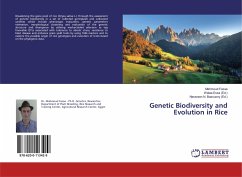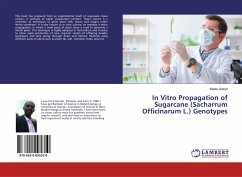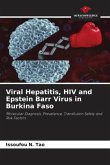Chickpea is an important legume grown in more than 45 countries globally. More than 95% of the area, production and consumption are in the developing countries. Due to its ability to grow under stress environments, its yield provides the much needed food, which enhances food security. The protein content in chickpea exceeds 20% which makes it an important source of protein for the rural poor who can¿t afford expensive sources of protein. It has also been found to be an excellent rotation crop because it fixes nitrogen and its ability to grow under residual moisture. However, with the increasing temperatures, its yield will decrease in the semi arid tropics. It is therefore important to breed for varieties that can grow under elevated temperatures. For this to be possible, genetic variability has to be determined and more importantly sources of high temperature tolerance identified. This book looks at genetic variability of over 100 chickpea genotypes and identifies sources of high temperature tolerance. It also looks at heritability of selected traits in chickpea.
Hinweis: Dieser Artikel kann nur an eine deutsche Lieferadresse ausgeliefert werden.
Hinweis: Dieser Artikel kann nur an eine deutsche Lieferadresse ausgeliefert werden.

